play_arrow
keyboard_arrow_right
Omanyano ovanhu koikundaneki yomalungula kashili paveta, Commisiner Sakaria takunghilile
Veronika Haulenga
Omanyano ovanhu koikundaneki yomalungula kashili paveta, Commisiner Sakaria takunghilile
Veronika Haulenga
Listeners:
Top listeners:
00:00
00:00
volume_up
chevron_left
-
play_arrow
Omanyano ovanhu koikundaneki yomalungula kashili paveta, Commisiner Sakaria takunghilile Veronika Haulenga
Yvonne Aki-Sawyerr: We Should Think Creatively About Climate Financing for African Women
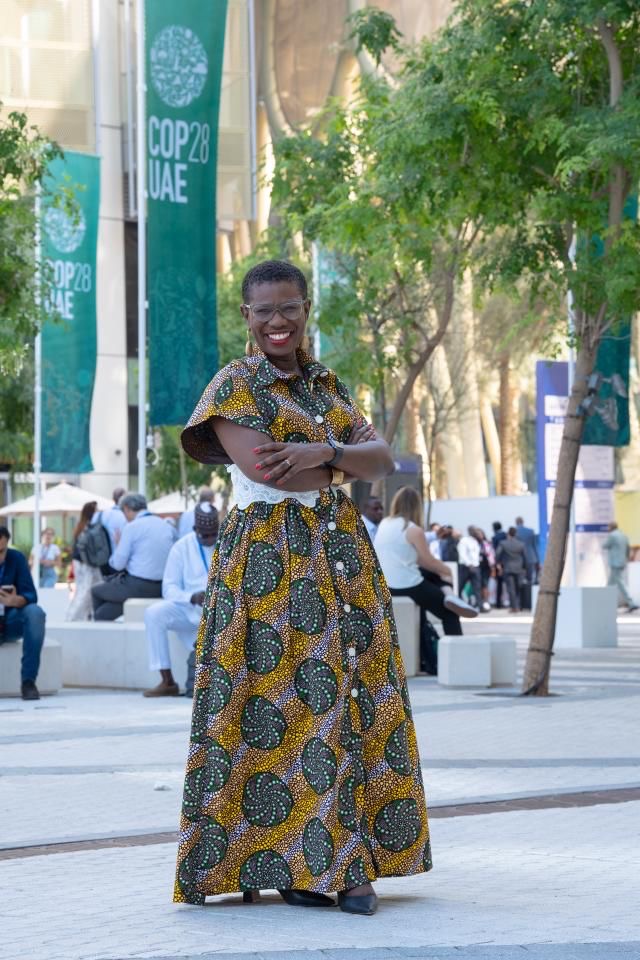
share
close
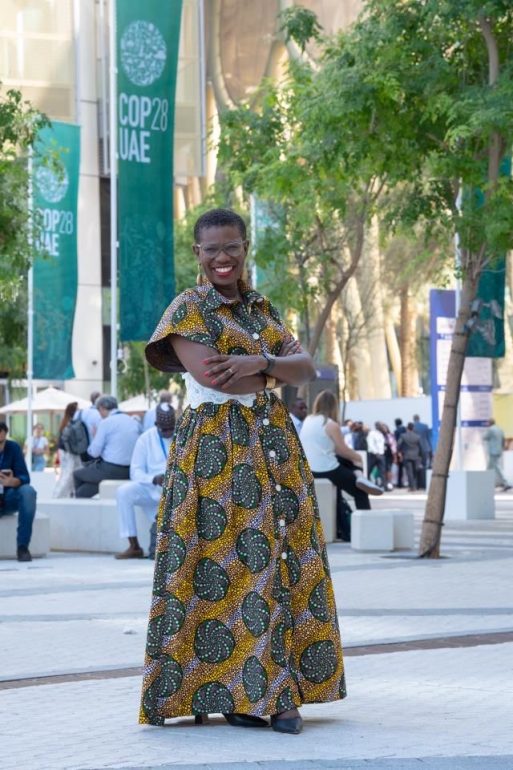 By Kate Okorie, via bird story agency
Approval and funding for the eagerly anticipated Loss and Damage Fund on the first day of the United Nations climate change conference, or COP28, in Dubai, was widely lauded. The Fund will assist developing countries battling climate crises.
Yvonne Aki-Sawyerr, Sierra Leonean politician and finance professional currently serving as Freetown’s mayor and Co-Chair of C40 cities, called for the fund to be distributed in a collaborative manner, with emphasis on African women who bear a disproportionate burden in the face of the climate crisis. bird story agency caught up with Aki-Sawyerr, in Dubai, to hear more.
By Kate Okorie, via bird story agency
Approval and funding for the eagerly anticipated Loss and Damage Fund on the first day of the United Nations climate change conference, or COP28, in Dubai, was widely lauded. The Fund will assist developing countries battling climate crises.
Yvonne Aki-Sawyerr, Sierra Leonean politician and finance professional currently serving as Freetown’s mayor and Co-Chair of C40 cities, called for the fund to be distributed in a collaborative manner, with emphasis on African women who bear a disproportionate burden in the face of the climate crisis. bird story agency caught up with Aki-Sawyerr, in Dubai, to hear more.
- What is the significance of the Loss and Damage Fund in addressing climate challenges in Africa?
- In what ways do you see the fund addressing the needs and concerns of African women? After floods, fires, or landslides, the women are left to piece things back together; they also have to figure out what will happen to the children.
- How can the Loss and Damage fund address the multiple vulnerabilities faced by African women, ensuring an inclusive and equitable approach?
- Lastly, could you share insights on the leadership role, particularly emphasising gender-inclusive leadership, in driving successful climate initiatives like the Loss and Damage fund on both local and international levels?
Written by: Contributed
African Women C40 Cities Climate Change Climate Resilience Climate Vulnerability Cop28 Environmental Initiatives Funding gender equality Gender-Inclusive Leadership Loss and Damage Fund Sierra Leone Yvonne Aki-Sawyerr
Rate it
Similar posts
Windhoek Weather
Most popular
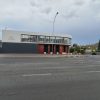
Namdia Heist: More questions, lots of confusion
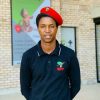
Omuhwahwameki Michael okuunganeka oshikonga shoku patitha oostola dho Rani moshilongo ashihe.

Walvis Bay woman loses over N$777.000 to a fraudster
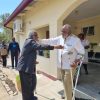
Don’t let Pohamba’s tears over Nujoma’s death go to waste
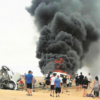
Justice Served: Jandre Dippenaar Found Guilty of Six Murders in Swakopmund Court
Copyright 2025 Future Media (Pty) Ltd | Website by Digital Platforms
Tel: +264 83 000 1000 | Email: news@futuremedia.com.na





